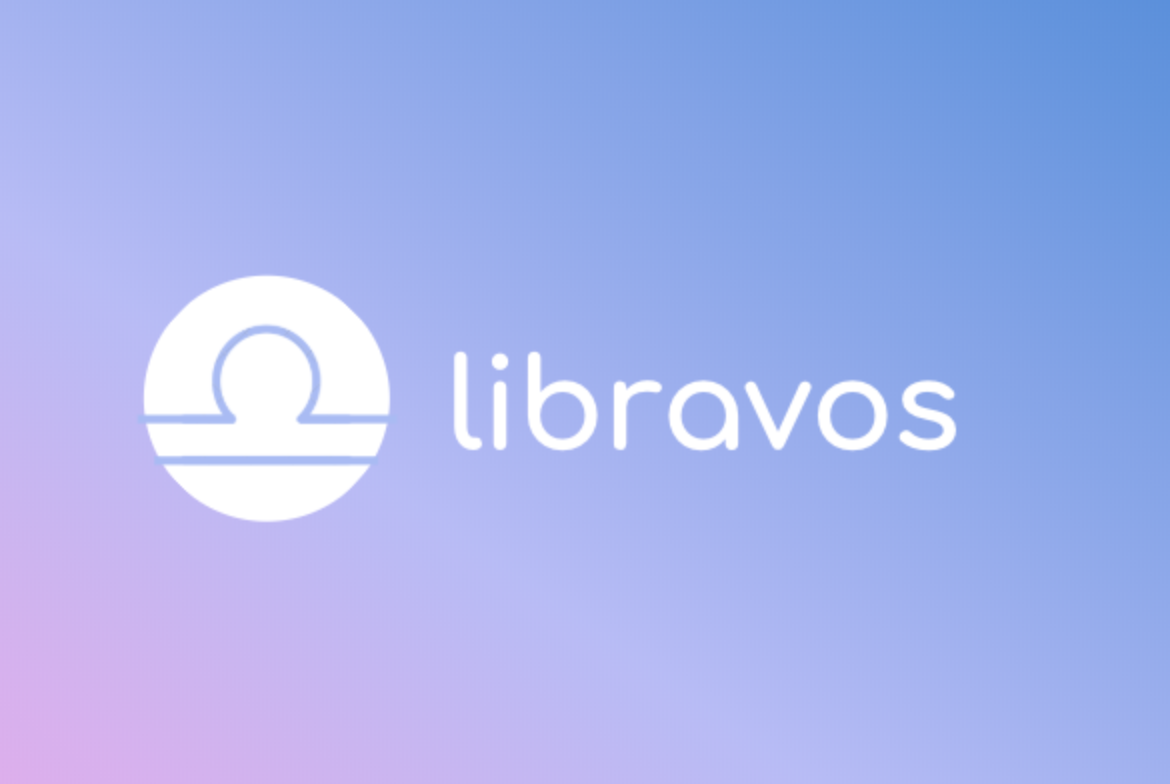Libravos Post Mortem
What Was Libravos?
Libra-vos stands for “Balance”-“You” in Latin. I cofounded it with a great friend Teek during our first semester at McGill.

We had many pivots all focused around the idea of revolutionizing insurance by cutting out the middle man. This is similar to what Lemonade is doing for home insurance in the United States. Some of the pivot descriptions included:
- Phone insurance on your terms. Simple. Fast. Libravos
- Libravos is a non-profit, community-oriented, home insurance company for developing countries. By operating fully autonomously, users can pool their money without paying for the additional operating costs of the company.
We worked on Libravos throughout our first semester at McGill, and decided to “put it on hold” when we didn’t pass one of the rounds of the Dobson Cup. It lived from September 2019 to January 2020.
Accomplishments
Here are some things we are proud of doing while working on Libravos.
Business Things
- Were accepted to the Dobson Cup, a “flagship startup competition brings emerging McGill entrepreneurs together to compete for over $200,000 in prize money”.
- Participated in the Lean Startup Program where we met with other startups each week, practiced our pitches, developed our business models, and built our product.
- Met to discuss Libravos with an employee at Rogers.
- Presented our idea to one of the sponsers (Intact) at a hackathon.
- Used google survey’s to guage interest.
- Participated in the Bolt Pitching Contest.
- Met with the Compass Startup Legal Clinic to get legal info.
- Went to a FinTech Cadence networking event.
- Interviewed potential customers on the sidewalk about Libravos.
Product Things
Most of our time was focused on developing the business model and pitching, so we didn’t get too far with the actual product.
- Built a mobile app chatbot that answers insurance questions using React-Native, AWS, and RASA.
- Built a landing page https://libravos.com.
- Setup a receipt parser.
Lessons
Pursue a Project That You Can Bootstrap Yourself
A continual problem we ran were the large costs attached to entering the insurance market. In Canada, you need a minimum of 5 million dollars of capital to become a registered insurance broker…
How do you get around these types of problems when building a product? New insurance companies do form every year, but as college students without any real credibility, it was very difficult.
Our options were to:
- Build the product, put it into production without being a registered insurance broker, and generate some revenue. Then pitch.
- We definitely considered this option, but it would have been illegal…
- Build the product without putting it into production. Then pitch.
- Then we would at least have the product to show investors, but it’s hard to convince investors to invest in something with no revenue built by college students.
- Don’t build the product. Then pitch.
- You would have to have a seriously strong pitch to pull this off. With this path you are getting the investor to invest in the idea and the founders, but there’s not much reason for an investor to put faith in the founders because they haven’t built anything.
We kept trying to push off this problem, but it always came back :)
Solve Your Own Problem
We weren’t trying to solve our own problem. This was problematic because if we weren’t going to use it, who would?
This lead to some insecurity about the idea and a lack of understanding of the potential customers. Solving your own problem seems like the most common piece of startup advice, but we weren’t really able to internalize it until we saw it for ourselves.
I think the main reason we (and probably other people) fell into this trap is that we were building Libravos for the sake of making a startup rather than from our excitement to solve our own problem.
Conclusion
Overall, working on Libravos was an awesome experience. We learned a ton about pitching, business plans, the lean startup method, and customer validation. I’m looking forward to more adventures in the future!